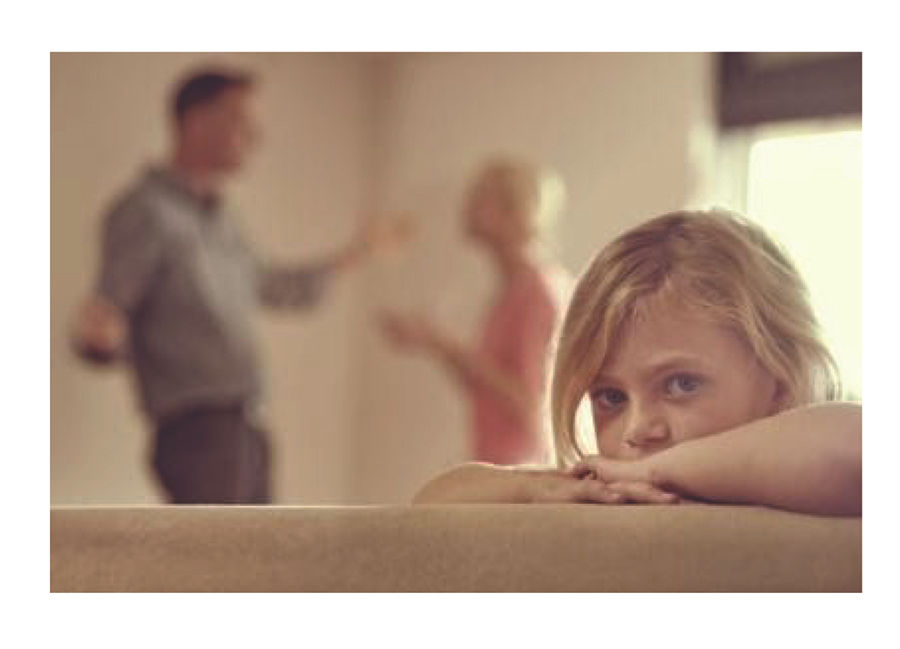Depression: the Stigma and a Major Cause
- Jul 20, 2020
- 3 min read
Blog by: Layla Nahavandi

I’ve addressed mental illness in homeless communities before, more specifically I
focused on drug addiction and how it should be treated akin to mental illness. However, I've
never specifically focused on one of the most common mental illnesses, depression, and the
major factor of it.
Oftentimes, people tell me that they don’t see depression to be a legitimate problem.
They see it as an excuse and something that culminates from the sensitivity of newer generations.
Quotes like “toughen up” and “quit being such a snowflake” have come up fairly often. The
thing is, depression is an illness, and I don’t understand why people have such a hard time
believing that. Just because it’s something you cannot physically see, doesn’t mean it cannot be
debilitating. I’m employing the age old, “if you saw someone with a broken leg, you wouldn’t
tell them to just walk it off metaphor.” If someone is depressed, they cannot just “get better.” It
takes work, it takes getting help, and it takes a good support system to get them there. To say
there is nothing wrong with someone just because the pain they’re in is not physical is ignorant.
It becomes even more worrying when this turns into an example of parents ignoring the help
their children need. In all honesty, the people I see that employ this dangerous mentality are
parents. Parents that refuse to acknowledge the fact that their children need help. Parents that
want to think their child would never have anything wrong with them, and how I see it is that,
these parents don’t want to acknowledge that their parenting could fuel their children’s pain.
A study done by the U.S. Centers for Disease Control and Prevention found that
“stronger links were seen between parenting and depression, including sad moods and decreased interest in activities, as compared to anxiety” (Doyle). The book, Depression in Parents, Parenting, and Children also stated that “depression is significantly associated with more hostile, negative parenting, and with more disengaged (withdrawn) parenting, both with a moderate effect size” (National Academic Press). Oftentimes, a large part of depression in children is the neglect and borderline abuse that comes from their parents. It can come from a negative home environment, one with constant fighting and belittlement, and it can come from trauma. I’m not saying that all parents are the cause of every mental health issue case, but they do play a major part. However, I can put myself in the shoes of a parent. A parent thinking that they've failed their child. A parent continues to ignore their children’s issues, mainly because they don’t want to address problems in their parenting. Because they know, deep in their mind, that it’s partially their fault. I also know that the situation isn’t as black and white as this. Some parents really are just neglectful and prejudiced, and truly don’t think depression is a possibility.
Some parents actually do their best to help their children right out of the gate, and may have never even contributed to their children’s depression. No matter the case, it’s just important that parents get their children the help they need. While I'm focusing on depression in this article, this applies to any mental health issue. If you, as an adult, guardian, parent, are anything else, see warning signs in young children, please don’t ignore them. Please get children the help they need, before it’s too late.
Getting through depression is tough, and sadly, not everyone has the support system they
need to get through it. Their pain should never be invalidated either, and the terms like “get over
it” honestly should never be spoken again in the context of depression. To invalidate someone's
pain, just because it’s not physical, is disgusting and ignorant.
Sources:
https://www.ncbi.nlm.nih.gov/books/NBK215128/
https://www.reuters.com/article/us-parent-kids-anxiety-depression/parent-behaviors-linked-to-kids-anxiety-depression-idUSBRE9BC0VR20131213









































Comments